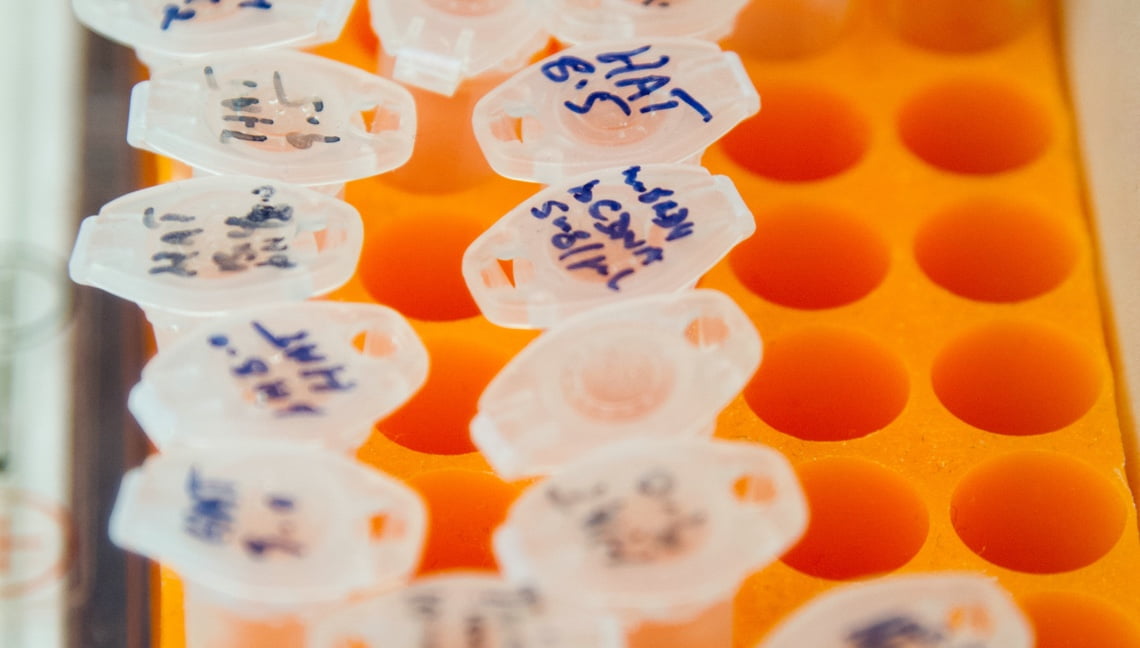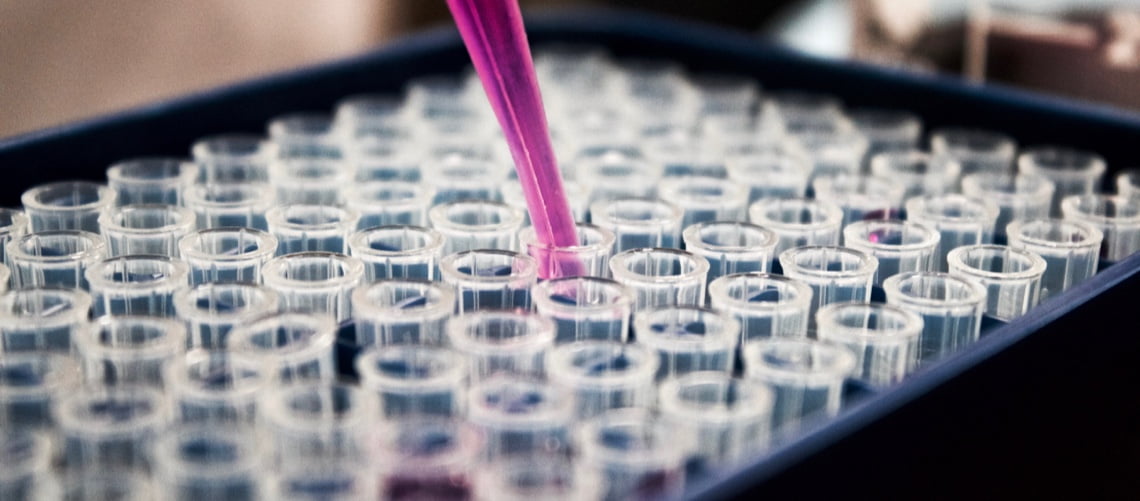Zhe Zhang
Dr. Zhang is the inaugural Toffler Scholar at Johns Hopkins University.
Biography
Zhe Zhang was born in a town outside of Beijing, China. A curious child, she loved exploring the outdoors and remembers spending hours on end watching ants build their homes. She also enjoyed taking apart household items, like clocks, then putting them back together. Zhe’s parents, who were both engineers, encouraged and supported her inquisitive nature. Their work and their research inspired Zhe to conduct her own experiments at home. After one went slightly awry, her father decided that Zhe’s experiments were becoming a little too dangerous, so he redirected her with the gift of a microscope—a gift that sparked her interest in biology.
Zhe’s interest, curiosity, intelligence, and hard work propelled her to medical school. In 2010 and 2013, respectively, Dr. Zhang received both her medical degree and her master of medicine degree in histology and embryology from Central South University in Changsha, China. Her passion for neuroscience was ignited during her medical training, while caring for patients with neurodegenerative diseases. This led Dr. Zhang to obtain her doctoral degree in developmental biology from the University of Queensland (UQ) in Brisbane, Australia, graduating in 2018.
Her doctoral research, which she conducted in the laboratory of David Simmons, Ph.D., at the UQ School of Biomedical Sciences, focused on the role of a sulfate transporter in brain development, especially postnatal development, where she identified a critical developmental window that contributes to the onset of autism-like phenotypes in postnatal mice. During this
![Zhe Zhang [Johns Hopkins]The production and degradation of dipeptide repeat proteins](https://tofflertrust.org/wp-content/uploads/2021/12/zhe-zhang@3x.jpg)
time, Dr. Zhang came to appreciate the strong connection between basic science and clinical practice, and she realized how much translational research can contribute to the preventive and therapeutic strategy of disease.
In 2018, to further her training in bringing medicine from bench to bed, Zhe became a postdoctoral fellow in the laboratory of Shuying Sun, Ph.D., in the Department of Pathology at Johns Hopkins. She currently studies the production and degradation of dipeptide repeat proteins, the accumulation of which is known to be toxic to neurons.
Despite her busy schedule, Dr. Zhang finds time to explore a wide variety of hobbies and interests, including cooking, surfing, table tennis, soccer, swimming, and hiking.
“I love research because you're looking at something brand new, and no one knows anything about it. I want to contribute to humanity, and research is the way I want to do that.”
– Zhe Zhang
Research Focus
Challenges
Amyotrophic Lateral Sclerosis (ALS), also referred to as Lou Gehrig's disease, is a progressive neuromuscular disease. When neurons that control motor function can no longer send impulses to the muscles, they begin to weaken. ALS affects as many as 30,000 people in the United States alone, with roughly 5,000 new cases diagnosed each year. Currently, there is no cure.

Focus and Priorities
A loss of neurons is a commonality in all neurodegenerative diseases. Dr. Zhang’s research is focused on the production and degradation of the dipeptide repeat proteins (DPRs), whose accumulation is known to be toxic to neurons. More specifically, she is working to better understand the basic mechanisms of repeat RNA metabolism, which she hopes will provide important insight on potential biomarker and therapeutic strategy development.
Part of her current work is to establish a platform that scientists can use to find genetic modifiers that can improve cell survival. Once these genetic modifiers are identified and validated, they could become potential therapeutic targets. Scientists might be able to manipulate those genes to prevent cell death, slowing the progression of ALS and other neurodegenerative diseases.

Benefits
Dr. Zhang’s long-term goal is to become an independent investigator committed to developing broad-spectrum therapeutic strategies to slow the progression of or cure ALS.
Karen Toffler Charitable Trust Investment
The Investment from the Karen Toffler Charitable Trust will help Dr. Zhang gain novel expertise in cutting-edge techniques and obtain a deeper understanding of ALS disease research. It will also allow her to acquire further research training from industry pioneers, gain more exposure to the ALS research community, build up connections with other young scientists in the field, and develop leadership skills that are necessary to become an independent researcher. She is excited by the fact that more people will come to know her, her lab, her field, and her research. She is hoping this inspires people to research ALS and contribute to finding a cure.
In addition to the practical realities of becoming a Toffler Scholar, the award was personally encouraging to Dr. Zhang. It indicates to her, and to the larger community, that her ideas are valuable and can contribute to the larger body of research.
“Becoming the inaugural Toffler Scholar is a privilege. As a scientist, you have to face so many failures, but this grant shows that people value my research and its contribution to society, and that is incredibly rewarding.”
– Zhe Zhang